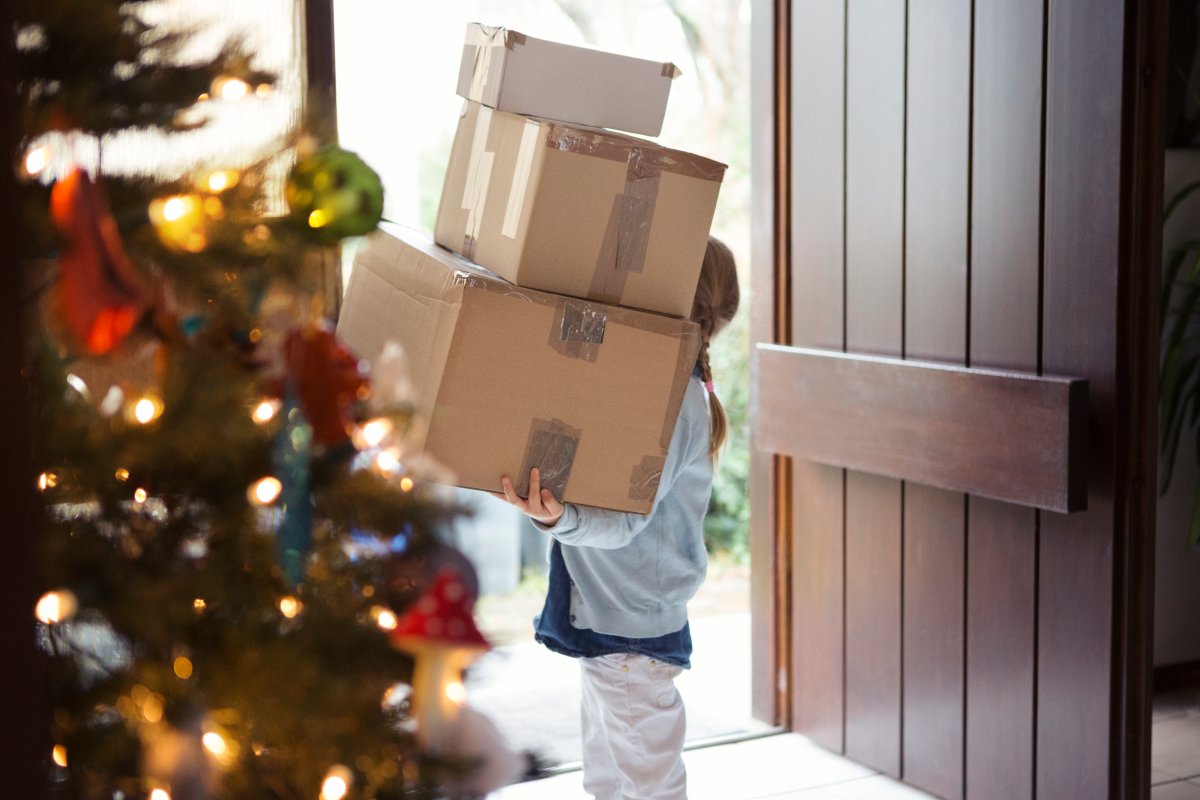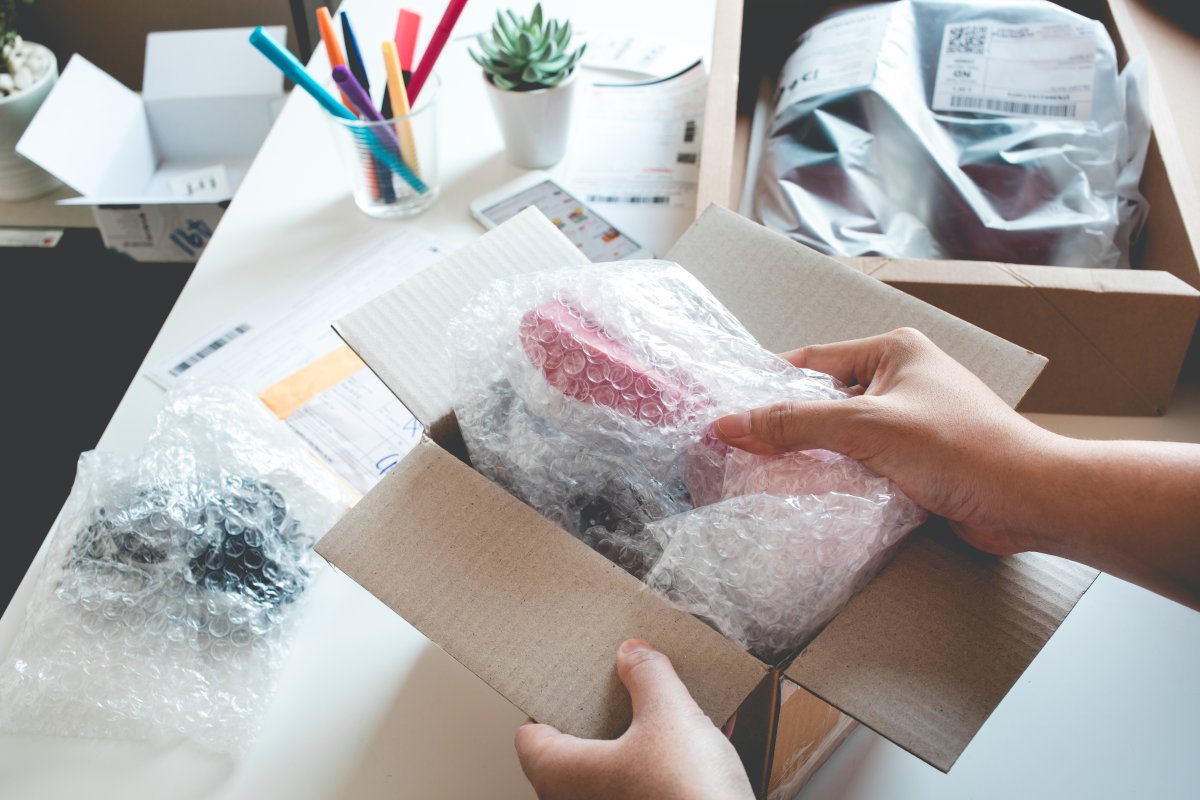Christmas time usually means waiting in long lineups at cash registers and rushing from store to store to check off every item on the list. With the COVID-19 pandemic ongoing, however, holiday shopping will be less in-store and more online this year.

Online shopping has increased significantly during the pandemic. According to a Statistics Canada report, e-commerce sales in Canada hit a record $3.9 billion in May 2020, a 99 per cent increase from February, and are on track to set a new record for the year.
More online shopping means more packaging waste, such as cardboard boxes, bubble wrap and foam peanuts. Much of that packaging waste ends up in landfills, according to previous reports from Global News. That’s why it’s so important for Canadians to think about recycling the materials used to pack the gifts they order online this season.
“If we can recycle that product, it goes back into the stream of being used again,” rather than heading to a landfill, says Jack Froese, chair of Metro Vancouver’s Zero Waste Committee.
In partnership with Metro Vancouver, we look at how B.C. residents can recycle some of the most common packaging materials.
One issue with recycling is that not everyone knows which items belong where, according to Karen Storry, a senior engineer in solid waste services for Metro Vancouver. This leads people to place non-recyclable items in recycling. It is better to throw things out instead of contaminating the other recycling, she says.

Get breaking National news
There’s even more confusion during the holiday season. Paper items like gift bags, cardboard and shipping boxes go in paper recycling. If you’ve selected a gift-wrap option and your package arrives in paper with glitter or shine, however, that paper belongs in the garbage.
And while bubble wrap can be brought to a recycling depot, the foam peanuts that come in many shipping boxes cannot be recycled.
“Unfortunately, plastics labelled biodegradable or compostable go in the garbage as well. They take longer to break down than food scraps, so they don’t all get properly composted,” Storry says. “The composter at the facility usually can’t tell the difference between regular plastic and compostable plastic, so most of it is screened out and sent to disposal.”
READ MORE: We toss 540K tonnes of wrapping paper after the holidays — Here’s how to give without the garbage
The ins and outs of what to recycle can seem daunting, but there are resources to help B.C. residents. Storry recommends using Metro Vancouver’s Create Memories, Not Garbage website to find out how to recycle shipping packaging where you live. Metro Vancouver residents can also get assistance through mvrecycles.org.
Before recycling or disposing of items, however, consider ways to reuse them whenever possible. For example, keep foam and bubble wrap for shipping future gifts or to store Christmas ornaments, or give your materials away for free on local buy and sell groups for others to reuse.
If you need to purchase packing or wrapping materials, such as boxes, look for products that contain recycled content, which helps support the market for sustainable packaging.
For more tips on reducing waste plus sustainable gift ideas for every budget, visit Metro Vancouver’s creatememoriesnotgarbage.ca.



